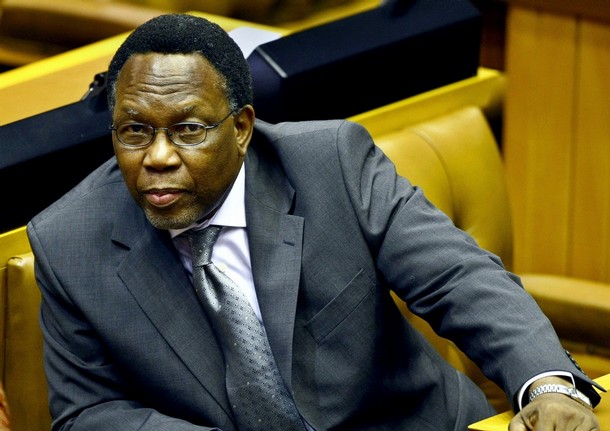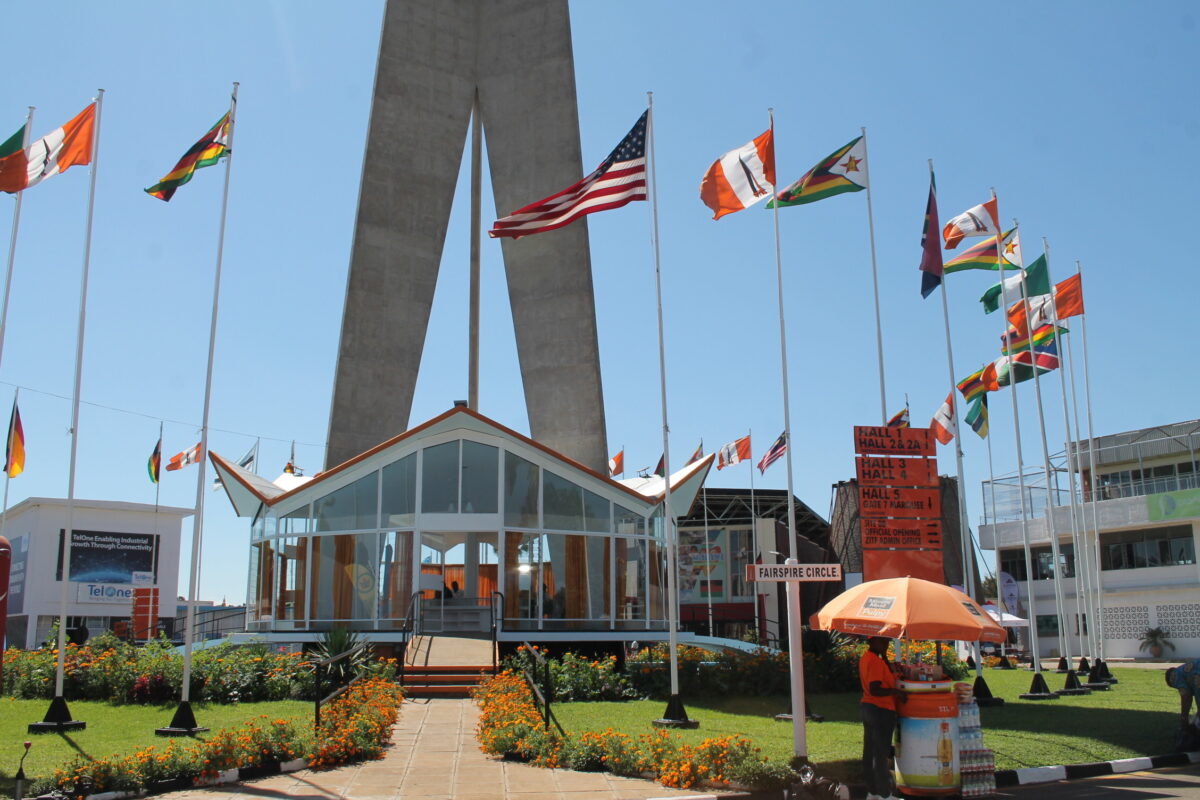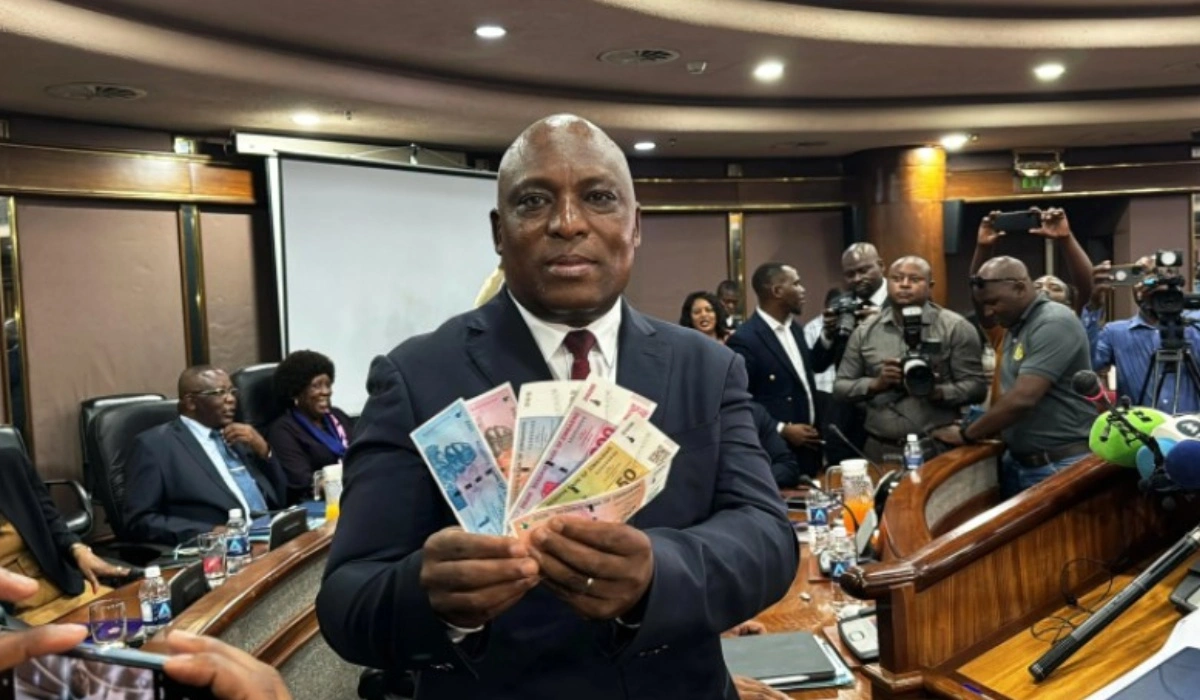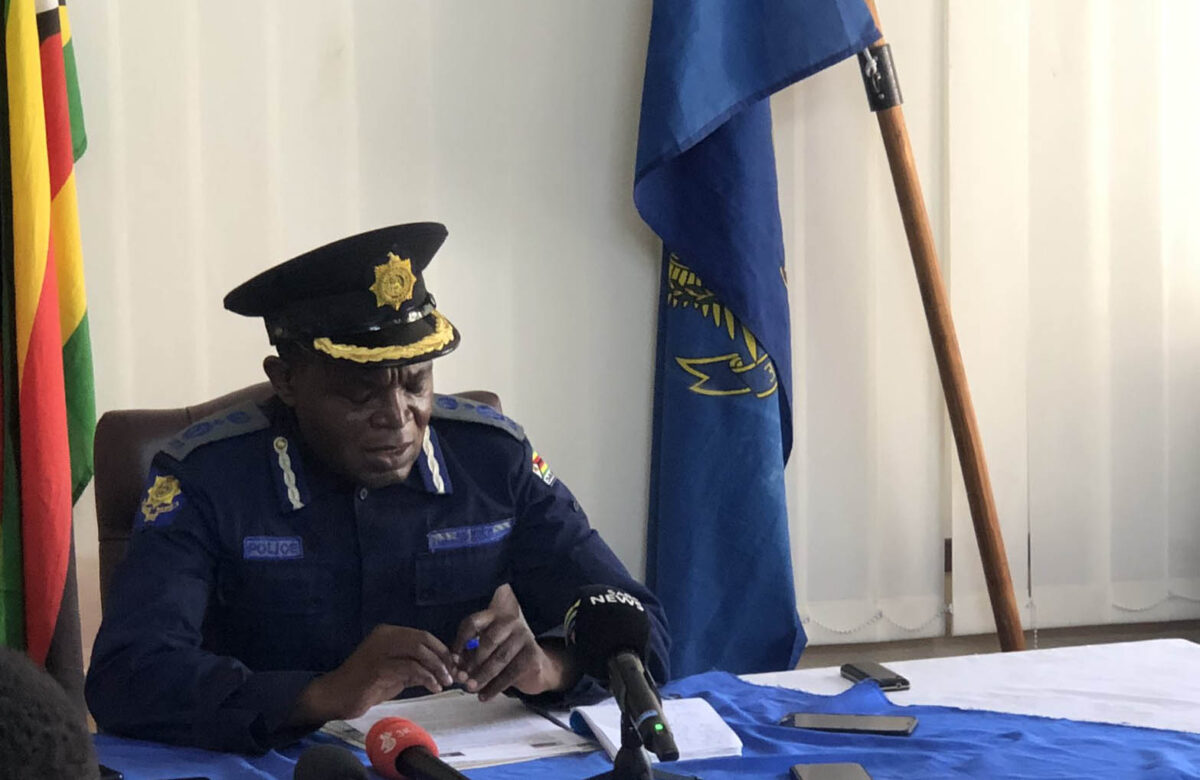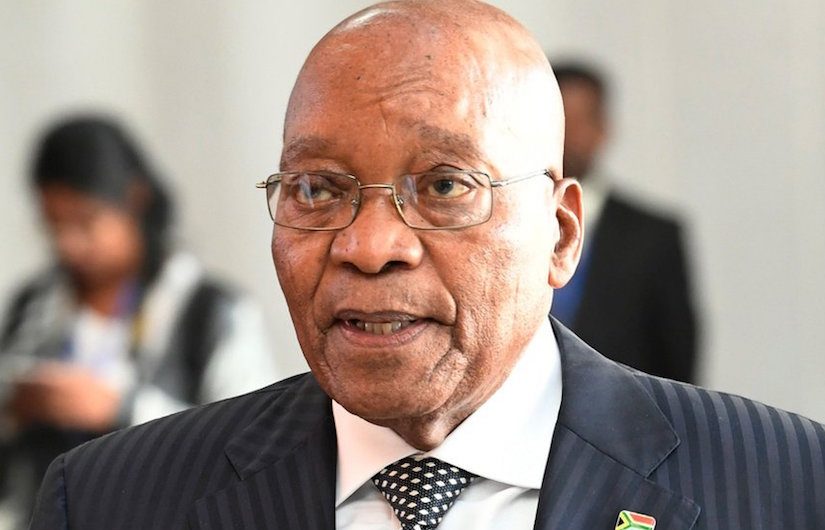HARARE – The Gukurahundi genocide is a festering wound which must be properly treated to help Zimbabwe move forward, former South African President Kgalema Motlanthe said on Sunday.
Motlanthe chaired a commission of inquiry into the August 1 killing of six civilians by the military, and whose report is now with President Emmerson Mnangagwa.
In it, Motlanthe said they advised the Zimbabwe government to tackle the matter and “bring closure” to affected families.
Motlanthe’s commission held hearings in Harare, Bulawayo, Mutare, Gweru and Masvingo – and Gukurahundi was a common theme.
Emotions ran high in Bulawayo, with most of the evidence submitted to the commission veering away from the August 1 massacre as the Gukurahundi genocide, blamed for the deaths of 20,000 people, took centre stage.
Now Motlanthe says Mnangagwa, a key architect of the massacres in Matabeleland and the Midlands, should begin a process of “catharsis”.
“Ours as a commission was to listen to what people said. We listened and we have addressed that issue in the report. We listened to everyone, all and sundry. In Bulawayo we had people talking about that issue and we had to pay an ear to them,” Motlanthe told The Standard newspaper.
“We mention that in our report and we hold that catharsis can help to clear one’s chest and we hope that Zimbabwe as a nation can do that.”
Motlanthe says the argument often advanced by Gukurahundi suppressers and deniers that discussion of the massacre will “open old wounds” will not lead to national healing.
Yet he also admits searching for the truth about Gukurahundi will not be without pain – to both victim and perpetrator.
“There’s this statement, which I like to make: the past we inherit and the future we create. It’s always important that as a nation you understand your past and make the future from it,” Motlanthe said.
“It’s a very painful process for people to really open up about their pains and the like, but it’s necessary. I liken it to a wound that is just dressed up without cleaning it. It becomes septic. So, you ought to clean and the process of cleaning it is not easy. It helps people to bring closure and move forward.”
The killings of mainly Ndebele villagers were perpetrated by the Fifth Brigade on orders of former President Robert Mugabe between 1983 and 1987. Mnangagwa was intelligence minister.
The Fifth Brigade consisted of 3,000 troops, virtually all ethnic Shona. The brigade received counter-insurgency training by North Korean advisers and was known as the elite praetorian guard of Mugabe, directly answerable to his office. Their arms and uniforms were different from the rest of the army, including their distinctive red berets.
With its prolonged, deadly campaign in Matabeleland, the Fifth Brigade was trying to stamp out rural support for anti-government “dissidents”. Gukurahundi was also viewed by many as an attempt by Mugabe to weaken any opposition to his stated aim of a one-party state.
